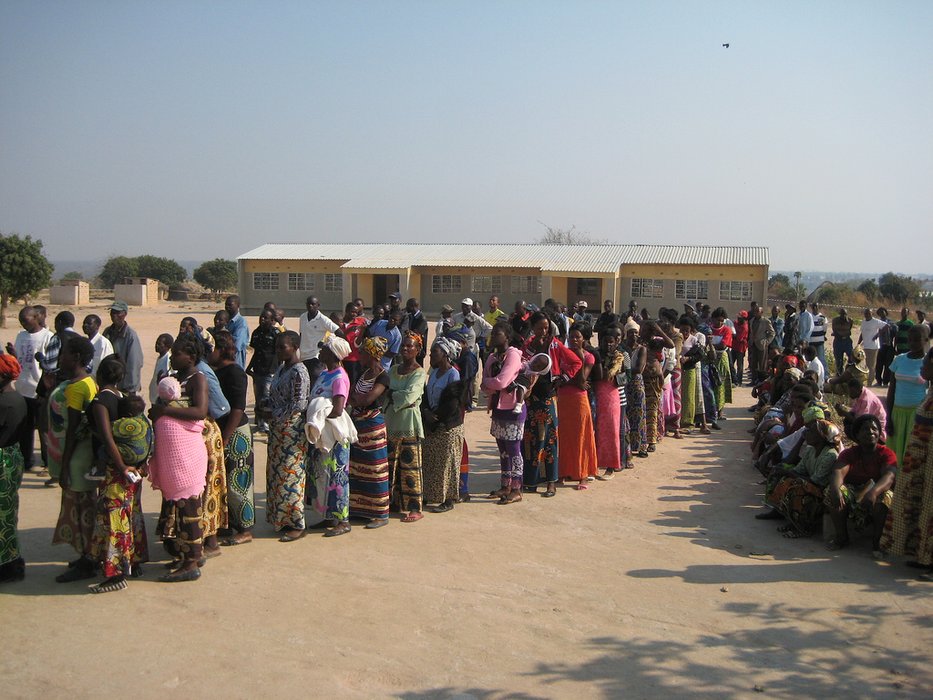
Expression
On 22nd August, the Zambian Independent Broadcasting Authority (IBA) suspended the licences of three media houses - Muvi TV, Komboni Radio and Radio Itezhi-Tezhi - for alleged unprofessional conduct causing a "risk to national peace and security." In the process of sealing off the premises of Muvi TV, the largest private TV station in the country, authorities arrested 4 media workers. Civil society observers interpreted these suspensions as punishment for their critical reporting on human rights abuses in the period leading up to the elections. The Committee to Protect Journalists (CPJ) and the Law Association of Zambia, among others, called on the IBA to reinstate the suspended licences and release the arrested media workers. The CPJ also stated that the licence suspensions amount to censorship. Zambia's most popular privately-owned newspaper, The Post, had been closed down months before the elections. The arrested media workers were later released and Muvi TV's licence was reinstated after several weeks.
#Zambia - 45 days later, suspension of operating license for Zambia 1st private media Muvi TV has been lifted pic.twitter.com/o9GrDkgCxV
— AfriPost News (@Afripost) September 12, 2016
Association
In July, members of the ruling Patriotic Front party and state media went on a vitriolic attack against the Law Association of Zambia (LAZ), arguing that it was an irrelevant association and ought not to exist. These discrediting attacks followed the principled condemnation by LAZ of the state's infringement of citizens' fundamental rights and freedoms ahead of the elections. The following is an exerpt from the LAZ statement:
The Law association of Zambia is gravely perturbed by the continued degeneration of law and order in Zambia being exhibited in the run up to the general elections.In particular LAZ would like to comment on the following recent events:
-The 1st July 2016 raid of the United Party for National Development (UPND) by police officers on account of an undisclosed complaint purportedly from a member of the public.
-The 7th July 2016 police raid on Mipal printers and confiscation of numerous copies of the Post Newspaper.
-The 8th July 2016 shooting of UPND protestors in Lusaka’s Kanyama and Chawama townships by police officers following the cancellation of UPND rallies in those areas,which led to the regrettable death of a woman.
Peaceful Assembly
Prior to presidential elections on the 11th August, Zambia experienced unprecedented levels of election-related violence which undermined citizens' and opposition parties' ability to protest peacefully. While there were instances of destruction and violence on multiple sides, most of the aggression was instigated by the police, who attacked opposition supporters and prevented them from holding their meetings and rallies. After incumbent president Edgar Lungu was announced as the winner, opposition supporters flooded the streets in protest and hundreds were arrested. Media estimates of the number of people arrested range between 133 and 300. Upon being sworn in on 12th September, the president announced that he would appoint a commission of inquiry into police brutality, an apparent acknowledgement of the fact that the police had indeed interfered with citizens' rights in the period leading to and following the elections.
Zambia arrests 150 opposition activists over poll protest https://t.co/J3MbuwCnyu
— Daily Monitor (@DailyMonitor) August 18, 2016